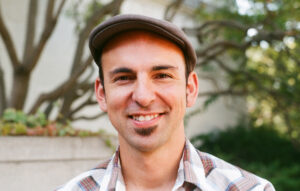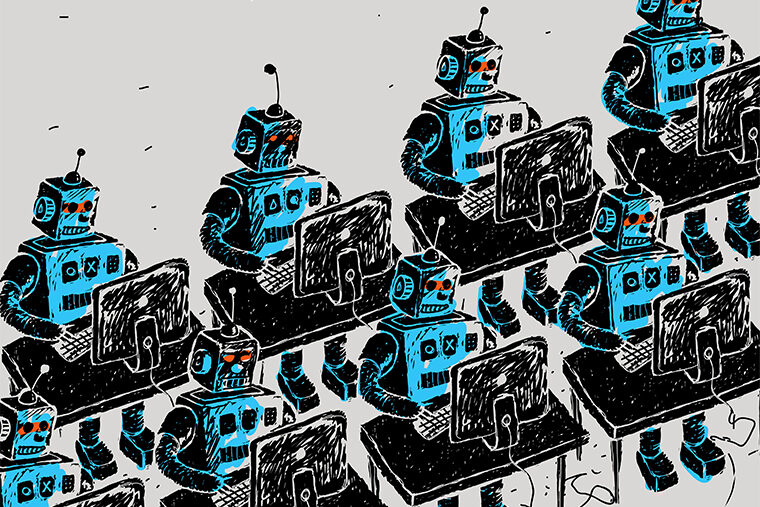Robots will inherit the earth. But first we must teach them to work faster. Or should we?
Federico Ardila, professor of mathematics at San Francisco State University, will deliver a free public lecture, “Using geometry to move robots quickly,” at 4:30 p.m. Thursday, Jan. 17, in Brown Hall, Room 100, on the Danforth Campus of Washington University in St. Louis.
To move a robot quickly from one position to another, one must first understand its “space of possibilities,” or the roadmap of every possible position of the robot, Ardila said. These spaces are very large and can be difficult to visualize. Mathematicians have developed tools to move (some) robots optimally — but these scientific successes pose ethical questions that society cannot ignore, a topic Ardila will explore during his talk.

Ardila is 2018 fellow of the American Mathematical Society. His research field in mathematics — combinatorics — deals with questions such as how many times you would have to shuffle a deck of cards before all possible card orders are almost equally likely. He calls his field “the science of possibilities,” and for him, many problems like these are at their core questions of geometry.
Ardila has been recognized for his ongoing work to build a more diverse and inclusive mathematics community. For more than 10 years, he has taught remote courses that connect students in California with students in his native Colombia.
The Loeb Undergraduate Lecture in Mathematics is an annual event organized by the Department of Mathematics and Statistics in Arts & Sciences as part of the Carol B. and Jerome T. Loeb Colloquium at Washington University.
For more information, contact Rachel Roberts at 314-935-8527 or roberts@wustl.edu
